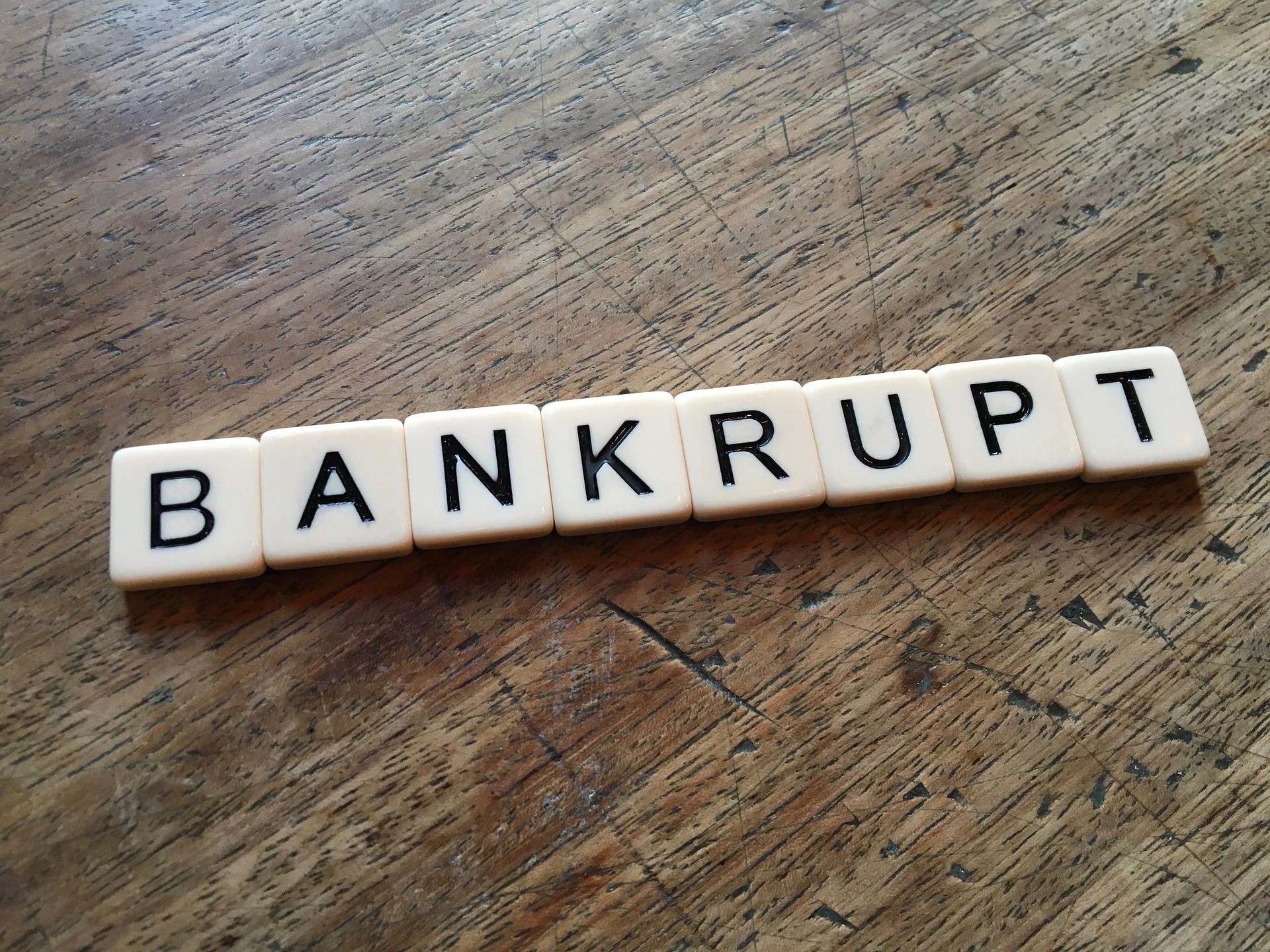
The Ultimate Guide: How to File for Bankruptcy in Australia
Bankruptcy
When debt gets out of hand and you have nothing to pay it with or the debt is unsecured and you are unable to pay it anymore, then bankruptcy may seem like the light at the end of the tunnel. Bankruptcy usually covers most unsecured debt and you no longer are under the obligation of paying these off, although there are exceptions.
Most people think of bankruptcy as a fresh start to their new financial status. They can start a new and this time try to not follow the same steps that lead to bankruptcy. There are two kinds of bankruptcies; debtor’s petition and creditor’s petition.
Under debtor’s petition, the process is pretty self-explanatory based on the term. The debtor is no longer able to meet payments; hence he/ she files for bankruptcy in court. This is a voluntary bankruptcy and frees the debtor from all debt.
Creditor’s petition is when a person you owe money to, takes you to court and makes you bankrupt through an entire court process. Either case, a bankruptcy usually lasts 3 years and 1 day.
How to file for bankruptcy in Australia?
Becoming bankrupt is a process and it is one that should be done right. You need to have full knowledge of what you are going through and how this will affect your financial situation at present as well as in the future. For this purpose, there are plenty of financial counselors that can help you with your financial situation and guide you with the best options. They can also help out and give you some advice as to how to manage your debt in the future so that you do not end up in the same position again. You do not need to worry about confidentiality because their services come with full confidence, are independent as well as free of cost.
In Australia, when you file for bankruptcy, a trustee will be appointed to you to manage all your affairs regarding the bankruptcy. This will either be the Official Trustee or a registered trustee. If you already have a professional in mind, then you nominate your own trustee who is registered.
There are certain obligations and you are expected to comply with each one of them. They are:
- All the details on your debt, monthly income, and assets you own should be disclosed to your trustee. This will be used to analyze whether or not you are eligible for bankruptcy. There can be default cases where people file for fake bankruptcy to get out of paying their unsecured creditors.
- Once this is received, your trustee will contact your creditors and inform them of your bankruptcy. This prevents the creditors from making any direct contact with you after they have learned of their bad debts.
- After some number crunching, you trustee will analyze for current financial position and based on that decide what is the best step for you. If you have any assets of worth, then he/ she may sell those and help pay some of your debts.
- If you have a monthly income which is steady and it also exceeds a pre-decided amount, then you will be ordered to make some repayment of debts. This is compulsory.
Bankruptcy is just one way of dealing with unmanageable debt. There are other ways too which include 21 days relief and debt agreements. In order to decide which is best for you and your credit rating, you need to make sure you know what you are doing.
Filing for bankruptcy also has its fair share of issues that must not be overlooked. This is why a professional will be very helpful in the process. He/ she will guide you through the whole process and cover all the necessary points. It may happen, that after you file for bankruptcy, your credit rating may suffer a fall. There is also a good chance that it may affect your ability in the near future to obtain any credit. Lenders are put off by the history of going bankrupt and the following result of bad debts for the creditors.
You may also be unable to travel overseas and may find difficulties in some employment opportunities. These are the reasons why bankruptcy may not be the most appealing option for everyone who is in debt or on the brink of going bankrupt. If any of these things will have a much worse effect on your future, then it is wise to put aside the thought of bankruptcy and work on keeping creditors happy.
Whatever you decide to do, only do so after thorough research and giving enough time to the thought. You do not want to suffer the consequences of an impulsive decision, especially when it is something as big as bankruptcy.